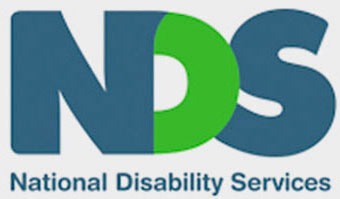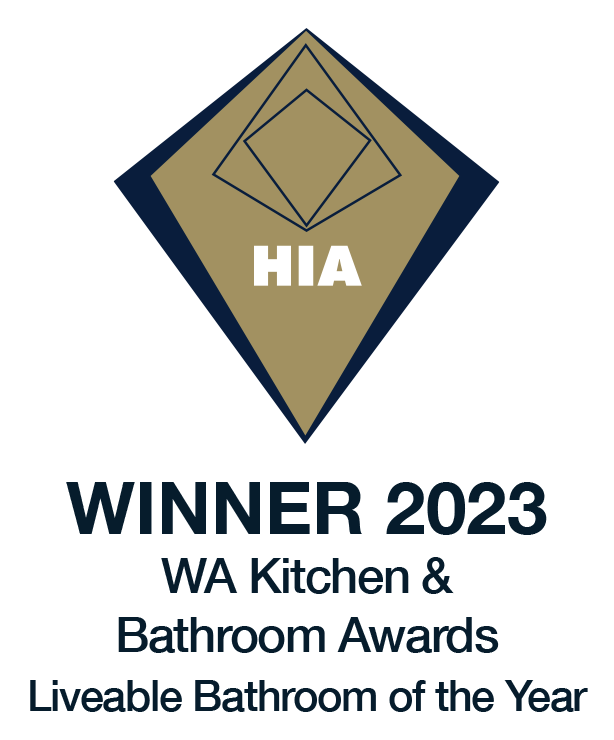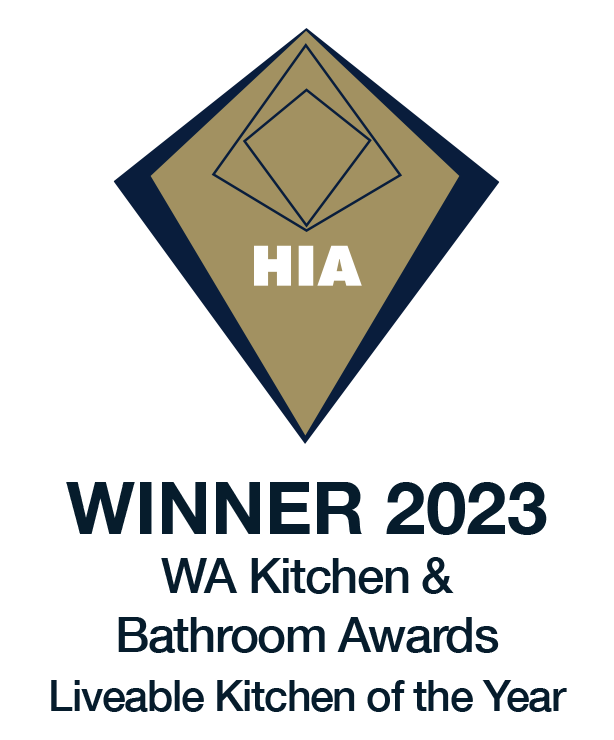Identifying the best NDIS housing providers for your unique SDA requirements is an important step for individuals seeking a comfortable and supportive living environment that encourages independent living.
Navigating the multitude of Specialist Disability Accommodation (SDA) providers can be overwhelming, but with the right approach, you can find the best fit for your specific needs and preferences.
From understanding those needs, to evaluating provider credentials and accommodation options, this process requires careful consideration and thorough research.
We’ve compiled a list of the top seven key factors to consider when comparing providers, to help you find the very best SDA for your unique situation.
What is an NDIS Housing Provider?
An NDIS housing provider is an organisation or entity that offers accommodation solutions to individuals with disabilities under the National Disability Insurance Scheme (NDIS). There are a range of home and living supports that fall under ‘NDIS housing.’
SDA falls under the category of NDIS Housing, and is becoming the first choice and most popular type of NDIS Housing for people living with disability. All housing providers including SDA providers, are responsible for ensuring that the housing meets the exact needs and preferences of the individuals they support, as outlined in their NDIS plan.
SDA housing providers can usually offer a range of housing options and dwelling types, including group homes, individual homes or villas, and specialised disability apartments.

7 Top Tips to Help You Find the Best SDA Provider
You should have control over where you live, who you live with, and the type of support you receive.
Ultimately, the best SDA providers prioritise offering choice. This means offering a range of tailored housing options that meet the individual’s specific needs, giving them the flexibility to choose their support provider.
However, there are several other things to look out for.
Let’s explore some valuable tips and strategies to assist you in finding an ideal SDA provider who can offer an appropriate housing solution for your unique requirements.
1. Maintaining Your Freedom to Choose
The best SDA housing providers will encourage freedom of choice.
SDA housing and other disability support services can sometimes get bundled together. While this may be your choice, bundling can be restrictive if you’re happy with one provider and not the other.
If you love your home but are unhappy with your support provider, you should have the freedom to switch providers without having to move house. Equally, if wish to move house, you should be able to do so without having to change support provider.
SDA accommodation and support services should be regarded separately to ensure choice and control over where NDIS participants live and what support they receive – and from whom.
So, be sure to ask the SDA provider whether you can choose your support provider.
Additionally, a good SDA provider should involve residents in decision-making processes related to their housing and support services, ensuring that their voices are heard and respected.
By prioritising choice, SDA providers can promote independence, autonomy, and dignity for individuals with disabilities, ultimately enhancing their overall well-being and quality of life.
It’s about encouraging you to choose what’s best for you.
2. Is there a Range of Dwelling Types?
When it comes to the SDA selection process, variety is key.
The best SDA providers offer a diverse range of accommodation, from shared occupancy to single or living-with-family options, to ensure there’s a suitable fit for every individual’s circumstances.
Take the time to reflect on your preferences and prioritise securing the living environment that would truly make you feel at home. Whether it’s the camaraderie of shared spaces or the tranquillity of solitary living, your comfort and well-being should guide your decision.
Visit Housing Hub to find out what disability accommodation is available in your preferred area. Housing Hub advertises accesibility friendly homes and apartments across Australia as well as a plethora of information to help you plan your move.
3. How Many Properties are Listed?
To find the right home, having a variety of options to choose from is essential.
When a provider lacks SDA housing options, it not only limits your choice of home but could also indicate a lack of experience.
SDA investment has become increasingly popular, with a rising number of individuals including one or two SDA homes in their property investment portfolio.
However, building SDA accommodation is a complex undertaking that extends far beyond the financial commitment. It requires comprehensive expertise and extensive knowledge of the specific needs and regulations governing disability housing. This is particularly true when it comes to supporting those with extreme functional impairment and/or high support needs .
Without a thorough understanding of the intricacies and demands of an SDA construction project – such as accessibility features, specialised support services, and regulatory compliance – investors may inadvertently overlook critical aspects necessary for ensuring the comfort, safety, and dignity of the residents.
As a result, the intended benefits of SDA may not be fully realised, which could potentially compromise your quality of life and ability to thrive in your living environment.
It’s therefore advisable to do your due diligence. Conduct a thorough background check on the SDA provider, look at their history and see how many SDA properties they have listed.
4. How Extensive is the Choice of Location?
Does the SDA provider operate across multiple suburbs (and even cities)?
Assessing the provider’s geographical reach is crucial as it directly influences the flexibility and variety of housing options available to NDIS participants.
Operating across multiple suburbs or cities increases the likelihood of finding a location that aligns with individual preferences, such as proximity to family, friends, support services, or preferred amenities.
An SDA provider with a broader geographic footprint may also offer greater opportunities for community integration and access to diverse social and recreational activities.
Understanding the provider’s coverage area not only facilitates choice in terms of finding a location that aligns with your lifestyle requirements, but also serves as an indicator of their credibility. After all, an experienced, reputable provider is more likely to offer accommodation in multiple areas.
5. Assess the Fitout Quality
Assessing the quality of the fitout is essential, as it directly impacts the level of comfort, functionality, and overall appeal of the accommodation.
First, inspect the outdoor environment. Are all doorways and gates easily accessible? Are pathways easy to navigate in a wheelchair or with vision impairment ? And what about the design elements? Examine the condition of the lawns, garden beds and outdoor entertaining areas.
A well-maintained and thoughtfully landscaped outdoor space can enhance the overall aesthetic appeal and usability of the property, providing residents with more opportunities for relaxation and recreation.
In shared home settings, you may like to check the furniture for durability, and suitability for your needs. This includes tables, seating for guests, and other furnishings within the living spaces. Furniture that is comfortable, functional and in good condition is fundamental to a positive living experience.
Next, review the functionality and quality of the appliances, fittings and fixtures, such as light fittings, door handles and built-in appliances. Are all taps and washing machines within easy reach for wheelchair users? Are the appliances good quality?
By thoroughly reviewing the functionality, and inspecting the overall quality, individuals can make informed decisions about the suitability of the home.
6. Challenge the Level of Luxury
While many SDA providers claim to offer luxury housing, the reality often fails to meet expectations.
Luxury NDIS housing transcends beyond practicality; it embraces a higher level of comfort and design. Luxury accommodation options will typically include higher-end appliances, custom cabinetry and tiling, designer fixtures, and more sumptuous furnishings.
It’s important to scrutinise the actual standard of accommodation to ensure it aligns with your definition of luxury. Look beyond surface-level promises and assess the quality of amenities, design, and overall living experience to truly ascertain whether the offering meets your standards of luxury living and provides value.
7. Reputation
Word of mouth is king, so if you know anyone in an SDA home, ask them about their providers. What do they like? And what don’t they like?
Further research is also imperative.
Look for SDA providers who have received accolades for their homes, such as Sana Living who have received several awards over the years. Typically, only the best SDAs will have awards to qualify their achievements.
Also, check out their online reviews. The best SDA housing providers should have glowing reviews online. Ideally, don’t just trust the self-reported reviews on the provider’s website, but look for third-party reviews hosted on platforms such as Google, Reddit and social media to gain a more realistic understanding of their reputation and service quality.
Specialist Disability Accommodation
Sana Living are trusted SDA providers, specialising in luxurious homes that prioritise functionality and feature the latest assistive technology – all seamlessly integrated into modern and elegant designs.
We truly believe you should have the best SDA housing for your unique requirements – and choice of where you live, who you live with, and what support you receive.
Browse our range of disability rental housing online or contact our friendly team for more information on how we can assist you.







